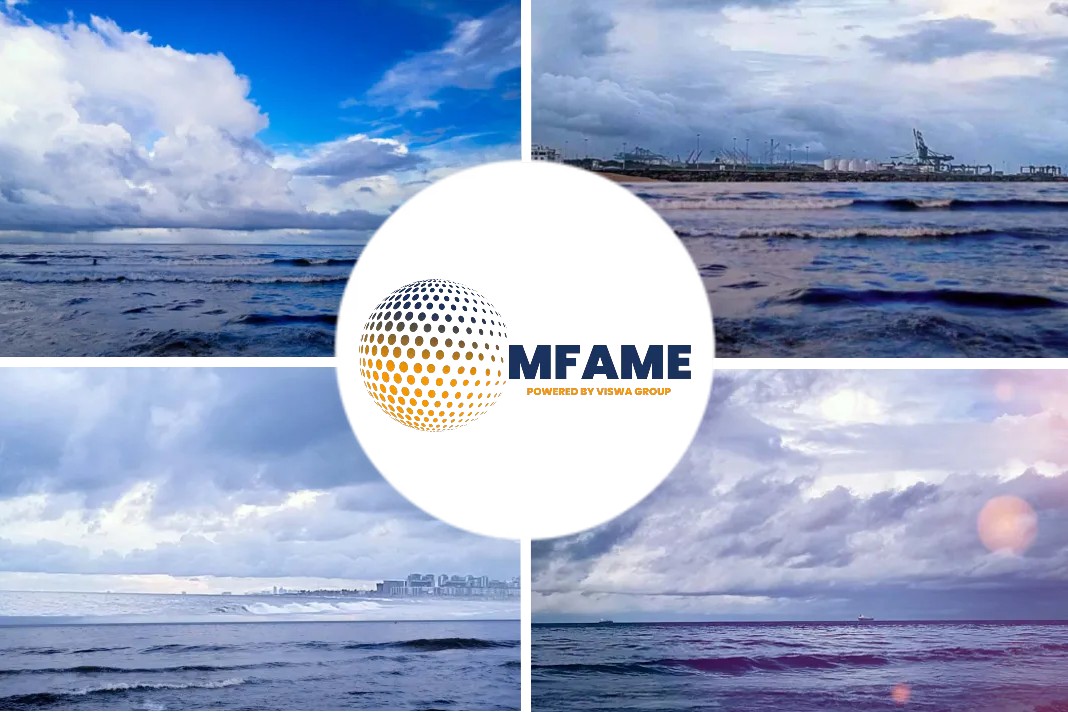 The United States has pledged to support its allies involved in maritime disputes over both the South and East China seas – where China is locking horns with its neighbours – as the newly installed US administration is renewing alliances in Asia and Europe, reports South China Morning Post.
The United States has pledged to support its allies involved in maritime disputes over both the South and East China seas – where China is locking horns with its neighbours – as the newly installed US administration is renewing alliances in Asia and Europe, reports South China Morning Post.
Defense of the Diaoyu Islands
On Thursday, Japanese Prime Minister Yoshihide Suga and US President
Blinken “reaffirmed that a strong US-Philippine alliance is vital to a free and open Indo-Pacific region” in a call with Philippine foreign minister Teodoro Locsin, according to a statement from the US Department of State.
The US secretary of state “stressed the importance of the Mutual Defence Treaty for the security of both nations, and its clear application to armed attacks against the Philippine armed forces, public vessels or aircraft in the Pacific, which includes the South China Sea”, the statement said.
“Secretary Blinken also underscored that the United States rejects China’s maritime claims in the South China Sea to the extent they exceed the maritime zones that China is permitted to claim under international law as reflected in the 1982 Law of the Sea Convention,” the readout said.
Blinken also pledged to stand with Southeast Asian claimants in the face of China’s pressure, it added.
Renewing ties
Soon after taking office on January 20, Biden’s administration was pushing the agenda to restore the US presence in multilateralism and renew ties with allies for a multilateral approach to address the rise of China.
In the phone call with Suga, Biden reaffirmed US commitment to defend the Diaoyu Islands.
Biden also expressed commitment to “extended deterrence”, both governments said in separate statements, a term that refers to the potential use of nuclear weapons to defend an ally.
China-US during Trump era
China-US relations deteriorated sharply in the tumultuous Donald Trump era, with confrontation on issues including trade, military, security and human rights.
Beijing is closely watching Washington’s new China policy while calling for communications to restart and bilateral tensions to be reset.
But military posturing in the East and South China seas from both sides has continued into the Biden administration. Blinken said last week he agreed with Trump’s hardline China strategy although he disagreed with his tactics.
Uncertainties with the pledge
Collin Koh, a research fellow with the S. Rajaratnam School of International Studies at Nanyang Technological University in Singapore, said the pledge by Blinken to help the Philippines was “clear and unambiguous”, but there are uncertainties behind it.
“First is whether Biden will really fulfil the pledge in the event of such an attack. Second, linked to the first issue, is how ‘armed attack’ is defined, and whether China’s use of certain types of grey-zone activities that are not so easily attributed to the Chinese government could complicate the implementation of such a pledge,” he said, referring to the use of force that was more of a civilian nature, such as coastguard vessels.
And whether the Philippines would resume some bilateral military exercises and rescind the country’s earlier decision to abrogate the visiting force agreement with the US was also key, he said.
“With this latest unambiguous and clear pledge made by a new US administration, which is seen as more predictable than [the] Trump administration, there might be opportunities to re-engage in dialogues on how to reinvigorate the alliance.”
The importance of the Philippines
Koh said the Biden administration would also seek to back its commitments to allies and partners in the region by maintaining a US military presence. This meant American and Chinese forces would continue to come close to each other, risking future incidents.
Richard Heydarian, a former Philippine government adviser, said the Philippines would be crucial to the efficacy of Biden’s China policy – eventually.
“The thing though is Duterte is an unwilling ally, and on the tail end of his term. So Blinken’s focus will be securing the visiting force agreement while waiting for the next administration [of the Philippines] to upgrade the alliance in ways that the Philippines can become a more integral element of US regional policy,”he said.
Clarita Carlos, a political science professor at the University of the Philippines, said the pledge by Blinken was merely a verbal commitment that had also been made by his predecessor Pompeo.
Allies in the Indo-Pacific region
Blinken also spoke over the phone with the Thai and Australian foreign ministers in a bid to strengthen military and security alliances in the Indo-Pacific region.
His diplomatic outreach also included calls with German Foreign Minister Heiko Maas and British Foreign Secretary Dominic Raab and on Wednesday he talked with his French counterpart Jean-Yves Le Drian.
Maas described his exchange with the US secretary of state: “Both agreed on cooperating closely on a broad range of issues such as China’s global role, the JCPoA [Joint Comprehensive Plan of Action or Iran nuclear deal], our joint engagement in Afghanistan and the fight against climate change.”
Blinken “emphasised the US desire to work with France, our oldest ally, and other partners to address shared challenges including Covid-19, climate and China”, a separate statement by the State Department said.
It’s Free! Click here to Subscribe!
Source: South China Morning Post

















Well done, administrator. I appreciate your thoughts.